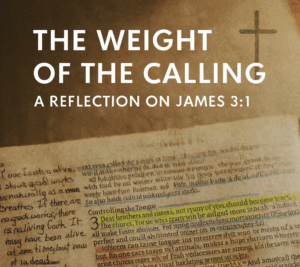
Have you ever had a “Must Do” list so long you literally didn’t know what to do first? That’s been me for about the past month. Staring at my list, too often not knowing where to start, I felt so buried I couldn’t begin to prioritize.
I don’t know if I’ve ever mentioned it, but in the past when I got overwhelmed I tended to shut down. It was a stress response, obviously, but a lot of that response came from my brain not working right for several years.
On the outside I seemed normal, but inside I was often hanging by a thread.
I’ve been focusing on getting past that, though. I’ve been actively controlling my stress levels, which is a big factor in brain health. I’ve been taking supplements that support the brain as well. I’ve also been challenging myself with things like puzzles and studying Spanish.
(Don’t ask how well I’m doing with Spanish. It’s embarrassing.)
Bottom line: I knew that, if something didn’t change, I would shut down again.
I wasn’t letting that happen this time.
So, I called on the One who understands priorities better than any other.
For the past several weeks, while keeping a close eye on my list, I’ve been paying even more attention to what God has to say. And I mean that literally. When I finish one task, I turn to God and ask, “Ok, what’s the next thing?”
It makes all the difference in the world.
I might have wasted half an hour trying to decide. But God literally tells me what to do next, and then He helps me work on it.
And yes, I mean He helps me. I rely on God not just to keep my priorities in order, but to help me accomplish what I need to do.
Take TikTok for instance. I told you He urged me to get serious on TikTok – you can find me there @tmcardwell – and it took me way too long to get up the nerve to actually record that first video.
But I lean on Him. I ask Him to guide me, especially when I’m working on particularly challenging subjects like my current “Surviving Narcissism” series.
And He’s right there by me the whole time. As I prepped for a particular video recently, before I could even whisper, “Lord, I need the words,” I could almost feel His presence, as if His hands were resting reassuringly on my shoulders.
Six weeks ago, I would have been near panicking.
In that moment, I was instantly at peace.
Psalm 46 calls God our ever-present help. This is literal truth. If you haven’t experienced this part of having a relationship with God, I challenge you to reach out today. He’s ready to meet you where you are and help you do more than you ever thought possible.
Celebrating Jesus!
Tammy C









